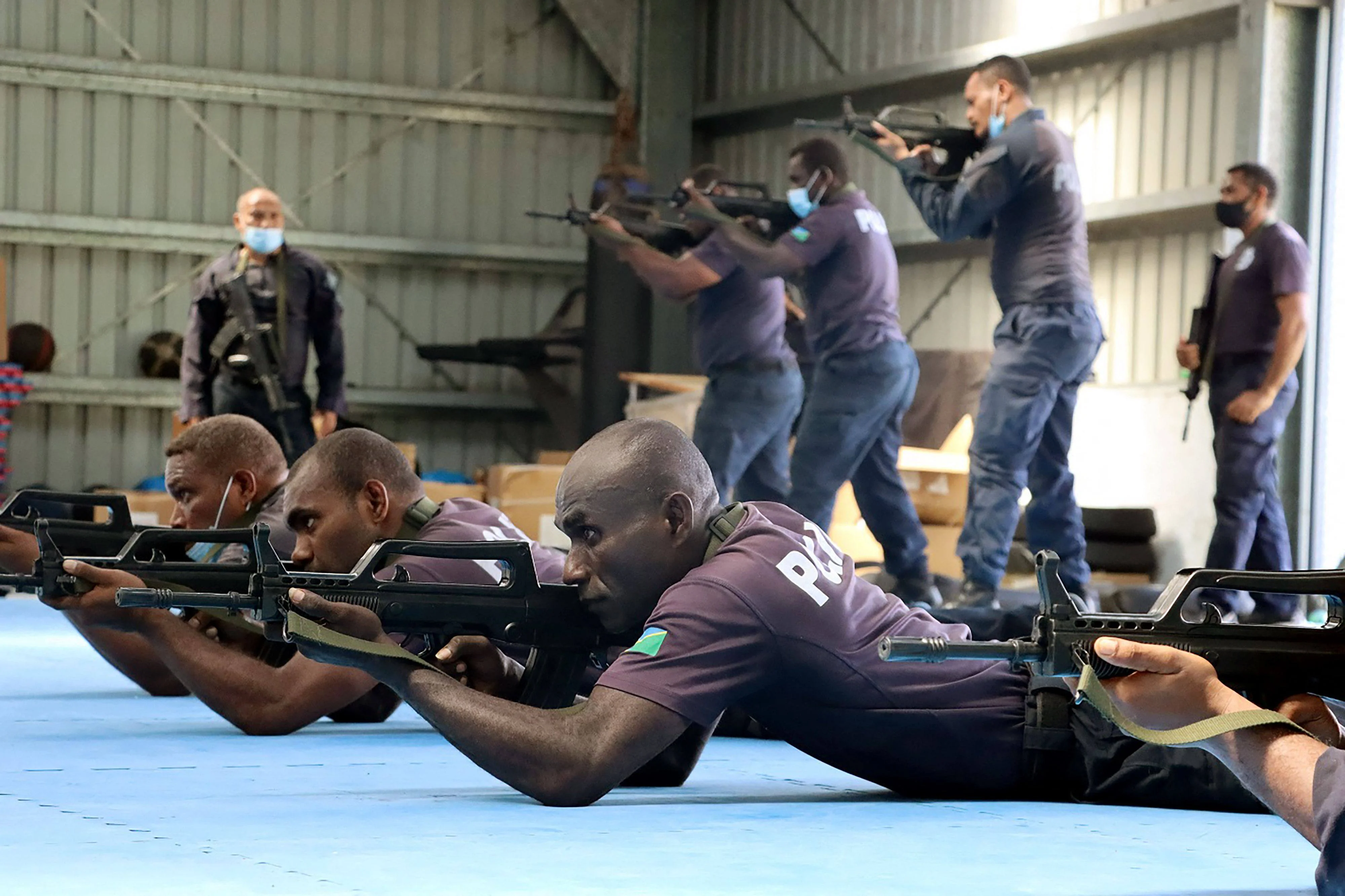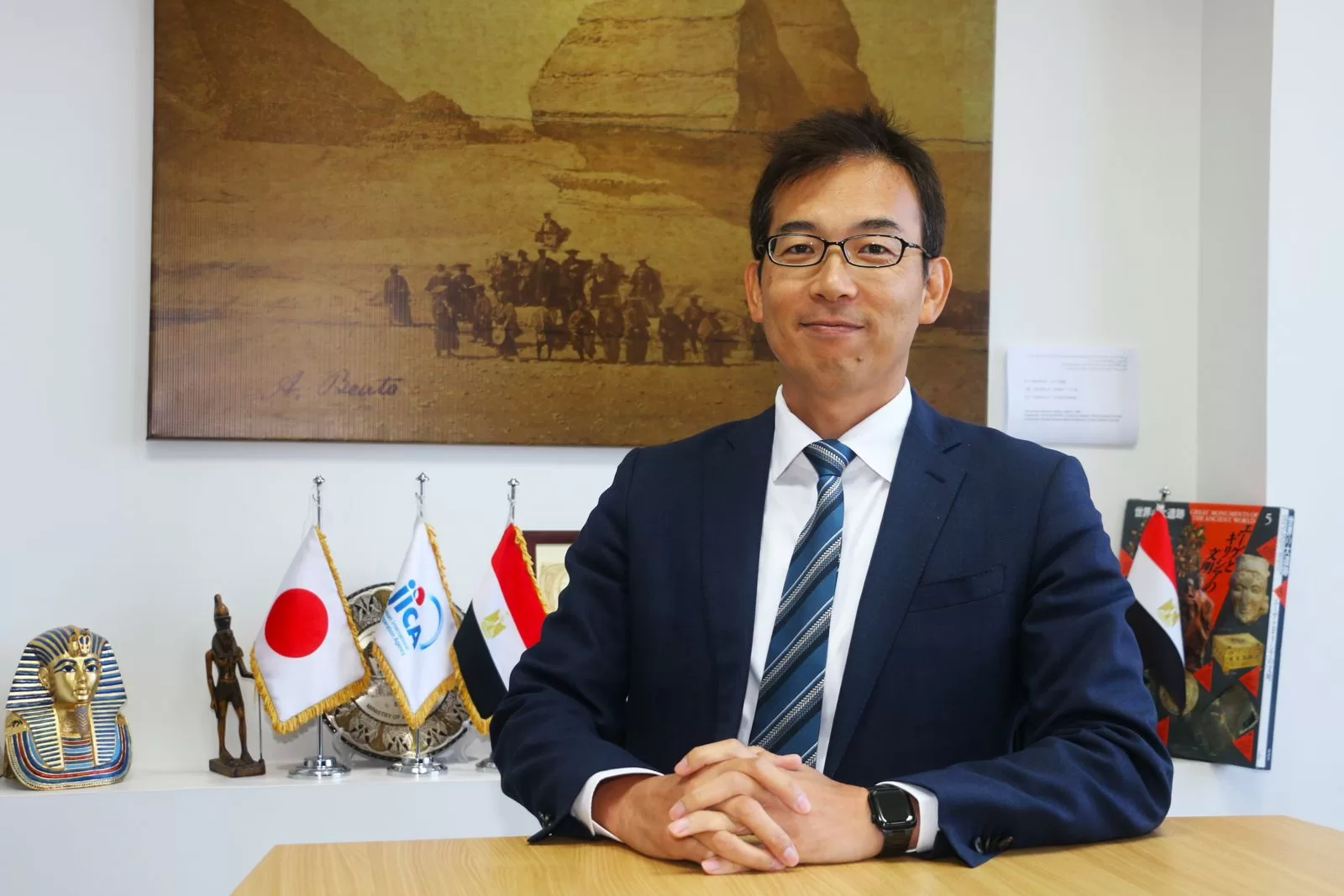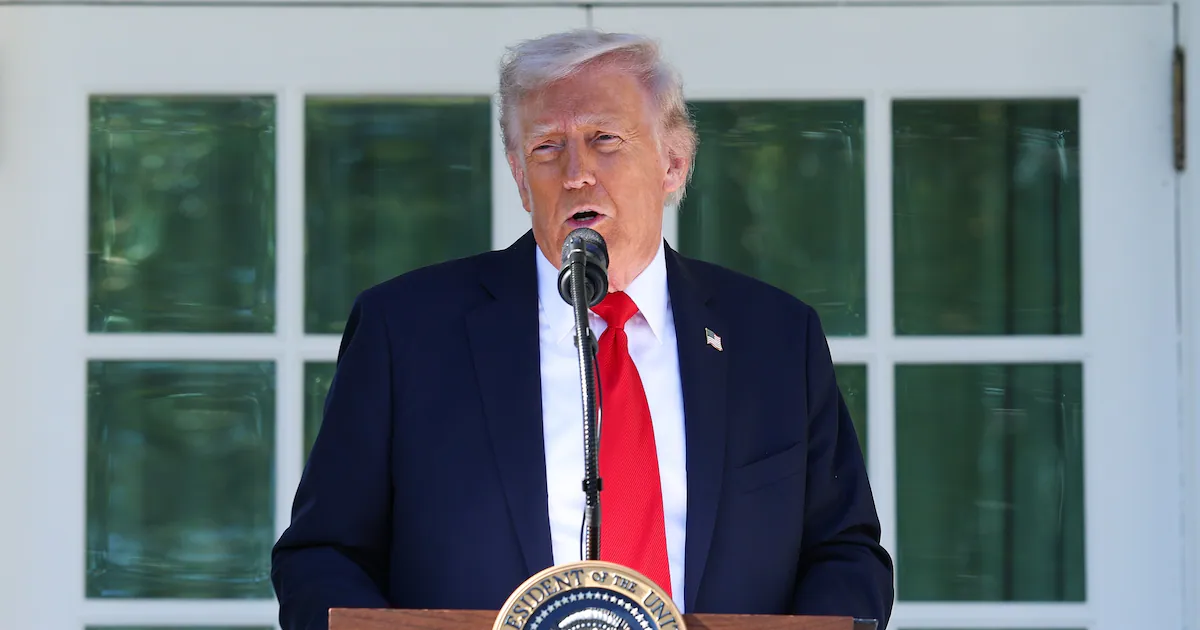Copyright scmp

In the Solomon Islands, where memories of civil unrest and ethnic violence are still fresh, the government’s plan to create a defence force has raised both hope and concerns. For some, it is a step towards stability; for others, it is a potential flashpoint in a region increasingly pulled between China and the West. Jimson Tanangada, the Pacific nation’s police and national security minister, told parliament earlier this month that the government was exploring the creation of a defence force as part of its National Security Strategy, launched earlier this year. This is not an attempt to militarise our nation Jimson Tanangada, Solomon Islands’ security minister The strategy aims to address evolving security threats while ensuring Solomon Islands’ sovereignty, stability and resilience. “This is not an attempt to militarise our nation but rather a long-term nation-building effort that aims to enhance Solomon Islands’ resilience, sovereignty and self-reliance,” Tanangada reportedly said. The proposed defence force would focus on areas where the country’s police force is currently overstretched, including disaster response, border security and maritime threats. If realised, the Solomon Islands would become only the fourth Pacific island nation with a military. The China choice In 2022, Honiara signed a security agreement with China that allows Beijing to deploy security personnel and make port calls in the country. Western powers, particularly the United States and Australia, expressed concerns at the time that the agreement could pave the way for a Chinese military presence in the Pacific island nation. But the Solomon Islands will need help from external powers if it wants to build out its own defence force, according to Ying Zhu, an economist and co-director of the University of South Australia’s Centre for Enterprise Dynamics in Global Economies, who pointed to both China and Australia as likely partners in terms of funding, training and equipment. “It could be too sensitive to just rely on one country, but China’s input could be more substantial given its military capabilities are much stronger than Australia’s,” Zhu said. Australia, a traditional security ally and aid provider to the Solomon Islands, has already committed some A$190 million (US$118 million) over four years to support the country’s police force. China, meanwhile, has been providing police tactical training under their 2022 pact. Honiara has touted its defence force ambitions as a stabilising force in the country of around 820,000 people, but the plan is not without its critics. Hideyuki Shiozawa, director of the Tokyo-based Sasakawa Peace Foundation’s island nations division, predicted that Western powers would not look kindly on Honiara developing closer military ties with Beijing. “If this relationship becomes closer at the security and defence level, Solomon Islands is likely to be perceived as an enemy state of Western countries,” he said – especially so if arms transfers or the stationing of a permanent Chinese military attaché were involved. Shiozawa told This Week in Asia that he had been pushing for Australia and other partner countries to support a defence force for the islands since as early as a closed-door meeting in March 2023. Internal stability, disaster response and maritime security would likely be the primary focus of the proposed force, he said, rather than external threats. Shiozawa further suggested that having its own trained troops could enable the Solomon Islands to contribute to international peacekeeping efforts, much like fellow Pacific nations Fiji and Tonga do now. China had been providing equipment and materials to the militaries of Fiji, Papua New Guinea and Tonga since the 1990s, the senior researcher added. ‘Herculean task’ Stability has been sorely missing from much of Honiara’s recent history. Ethnic violence from 1998 to 2003 culminated in the intervention of the Australian-led Regional Assistance Mission to the Solomon Islands, which operated in the country until 2017. The mission, known as “Operation Helpem Fren”, restored order but left unresolved tensions that resurfaced in 2021 when anti-government protests again erupted over a host of issues, from perceived neglect of the secessionist Malaita province, to high unemployment, alleged corruption and a controversial decision to switch diplomatic recognition from Taipei to Beijing. The removal in 2023 of Malaita province’s anti-China leader, Daniel Suidani – who died on Tuesday - further inflamed tensions, with protests breaking out in the provincial capital of Auki. Given all this, Zhu said “forming a defence force with relevant capability is crucial for the future” of the Pacific nation. In the short term, there will likely be a ‘watch and wait’ attitude by outside governments Marc Lanteigne, political scientist Establishing a functioning defence force to quell such unrest will not be easy, however, as the Solomon Islands currently lacks the infrastructure, personnel and funding, according to Zhu. Marc Lanteigne, a political-science professor at the Arctic University of Norway specialising in Chinese and East Asian politics, said Honiara had so far been vague about who might be responsible for training and equipping its new defence force. “In the short term, there will likely be a ‘watch and wait’ attitude by outside governments,” Lanteigne said, adding that lingering questions remained about the influence of Beijing under the 2022 security agreement. Because the Solomon Islands has had no formal military since achieving independence from Britain in 1978, Lanteigne said building a professional and apolitical defence force that represented its diverse population would be a “Herculean task”. The ethnic violence that wracked the nation at the turn of the century “ended in a stalemate and after foreign forces completely left the country in 2017, the government continued to be unstable,” he said. Questions also hang over what will become of existing enforcement agencies. Lanteigne said the Solomon Islands’ police endured poor working conditions and were chronically underfunded. “The country continues to face internal unrest,” he added.



